It takes just 18 seconds for the Ford Motor Co. and its partner, Changan, to switch between vehicle models on a production line where ABB robots ensure one of China’s biggest carmakers can react quickly to shifting consumer sentiment, rising demand and a changing economy.
To put those 18 seconds in perspective, the joint venture’s plant in Chongqing, in southwestern China, can go from making Ford Mondeos (in the U.S., think Fusions) to any one of as many as five different models faster than sprinter Usain Bolt runs the 200 meters.
ABB’s robots also ease introduction of completely new models to the line, too, an advance from traditional production lines that required more extensive work before a new model could be added – hardly ideal if consumers’ tastes change quickly.
“Flexible production,” a car-industry mantra since the 1990s, is becoming a necessity in China and the rest of the world as auto manufacturers accommodate customer expectations that can turn faster than prices at the gas pump while ensuring factories are prepared for sweeping demand swings like the one that accompanied the Great Recession.
“The economic downturn has been tough on automakers and highlighted the need to be more adaptive to the demands of the market,” said Yuan HenXin, Manufacturing Engineering Manager for Changan Ford. “This is especially true when it comes to being able to respond quicker to changes in customer preference, as well as remain competitive in a fierce industry.”
How fast?
Changan Ford, with its facilities 900 miles upstream from Shanghai on the Yangtze River in one of China’s auto manufacturing hubs, is actually an expansion of a long partnership between Ford and ABB Robotics. It’s already boosted flexibility of the carmaker’s operations.
In 2012, for instance, ABB Robotics installed a Tube Press and Weld System to make axles and gears for the F-150 Pickup truck, among other vehicles, at the Ford Sterling Axle Plant in Sterling Heights, Mich. Now, a complete changeover between axle types can be completed in less than 43 seconds _ not as fast as Bolt’s 200, maybe, but faster than Michael Johnson’s 400-meter world record.
Video:
Working now with Changan Ford in China, ABB’s FlexLean Automotive Bodyshop Solution is deployed at the stage of production known as “Body in White”. That's industry shorthand for when the car’s body is just beginning to take shape, including assembling raw stamped metal body panels into a welded frame.
First, the car’s underbody arrives for ABB robots to begin the gluing process, making it possible for up to six different models to be produced on the same production line. This flexible robotic production line has the unique ability to adapt, on the fly, for cars of different widths and lengths without a moment of stopped production, because of ABB's robotic technology.

Flexible ABB robots do the heavy lifting
Next, the roof goes on, also with ABB robots doing the heavy lifting before turning to high-speed brazing, accurate laser welding and polishing that gives Changan Ford’s cars’ exterior the kind of finish consumers are seeking.
In minutes, each new frame has acquired the stiffness necessary for safety.
And in just seconds, the line is ready for the next car – even if it’s a different model.
“This philosophy uses robotics technology to replace traditional custom-made machinery with standardized solutions,” said Alan Stapelberg, Global Product Manager of ABB Robotics Body-In-White Portfolio. “These products are modular in design and flexible, allowing multiple car models to be produced on the same line and new models to be added easily.”
The world’s No. 1 car market – and rising:
Changan Ford says replacing custom machinery - typically designed specifically to produce just one vehicle model - with ABB's standardized, flexible solution allows them to reuse the hardware investment across new models, saving them money and making a lot of financial sense.
Additionally, life is made easier for maintenance workers who now have comprehensive maintenance documentation and spare parts close at hand.
And with the production line’s machinery all running on the identical language as ABB’s robots, operators need less training and can get to work more quickly as new models are added, Changan Ford said.
Increasingly affluent consumers have already made China the world’s No. 1 market for cars, at 20 million-plus units sold in 2013 and rising.
With Chinese wages set to rise more than 10 percent this year, its residents will have even more buying power to demand safer, higher-quality, Internet-connected cars.
“With this increasing prosperity, the market will continue to grow, meaning high-volume production which can only be accomplished with full automation,” Changan Ford’s Yuan said, adding global cooperation is key to modern vehicle manufacturing. “ABB Robotics is a good partner for us in this regard.”







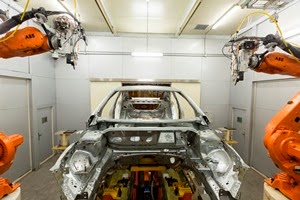








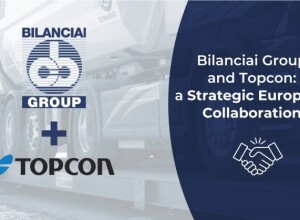
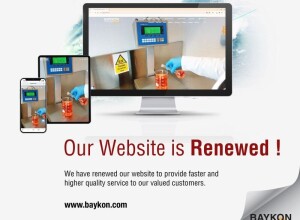
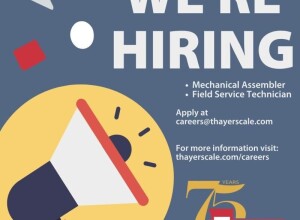
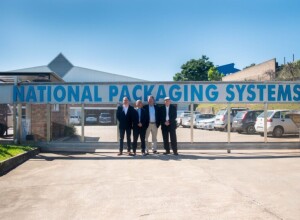
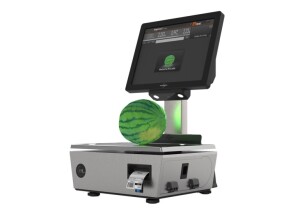








Interested? Submit your enquiry using the form below:
Only available for registered users. Sign In to your account or register here.